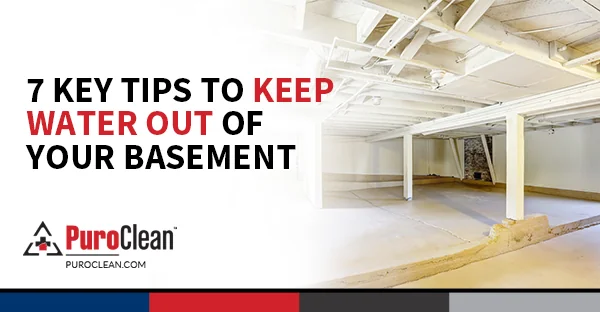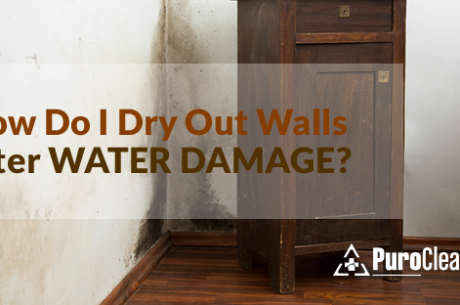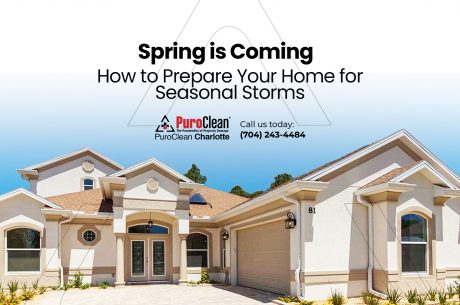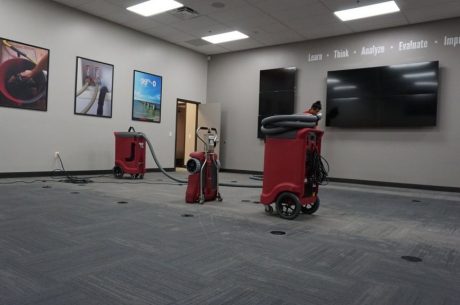
Water entering your basement—whether due to poor drainage, flash floods, or appliance failures—can cause extensive and costly damage. In Charlotte, where heavy rains and storm systems are a common concern, preventing basement flooding is an important part of home maintenance. Here’s how you can keep your home dry and protected:
1. Clean Your Gutters Regularly
Clogged gutters are a major culprit behind foundation and basement water issues. In Charlotte’s leafy neighborhoods, gutters often fill with leaves, pine needles, and debris—especially in the fall. When water can’t flow properly, it overflows and pools near your foundation.
Pro Tip: Flush your gutters with a garden hose and inspect downspouts to make sure water is being directed away from your home.
2. Extend Downspouts Away from the House
To protect your basement, downspouts should extend at least five feet away from your home. You can use plastic or metal extensions, or consider installing an underground drainage system to redirect water safely.
Why it matters in Charlotte: The region’s clay-heavy soil retains water, which can lead to foundation pressure and leaks if not drained properly.
3. Grade the Ground Away from Your Foundation
The soil surrounding your home should slope downward, dropping at least six inches over ten feet. This keeps rainwater from accumulating next to your basement walls.
If needed, regrade your yard or add soil to areas where water tends to pool—especially important in older Charlotte neighborhoods where settling may have occurred.
4. Seal Basement Cracks and Gaps
Check your basement for visible cracks or openings around pipes and foundation walls. Seal small gaps with polyurethane caulk or hydraulic cement to keep moisture out.
Note: If water is seeping up through the floor, you may be dealing with high groundwater levels, which require professional assessment.
5. Install a French Drain System
A French drain—also called a curtain drain—is an underground system that redirects water away from your foundation. It’s ideal for homes in low-lying or flood-prone areas of Charlotte, such as those near creeks or wooded areas.
6. Waterproof Basement Walls
Interior waterproofing helps stop condensation and minor leaks. Use waterproof coatings, silicate-based sealers, or moisture-blocking wall panels. If your home needs exterior waterproofing, keep in mind this process involves excavation and can be more expensive—but it’s often worth it for long-term peace of mind.
7. Install a Sump Pump
A sump pump is one of the best defenses against basement flooding. It detects rising water levels and automatically pumps water out of your basement. This is especially useful during Charlotte’s flash flood events or heavy rainstorms.
What to Do If Your Basement Flooding Occurs in Charlotte
If your basement is already flooded, don’t enter the area—especially if there’s standing water near electrical outlets or panels. Floodwater can pose serious health and safety risks.
Call PuroClean of Charlotte immediately. Our IICRC-certified team is available 24/7 for emergency water damage restoration and mold remediation. We’ll assess the damage, remove the water, and help restore your property quickly and safely.
Contact PuroClean of Charlotte Today
📞 (704) 243-4484
🌐 https://puroclean.com/pineville-nc-puroclean-watermoldfire-damage-experts/
🕑 Emergency services available 24/7



 PuroClean Water/Mold/Fire Damage Experts
PuroClean Water/Mold/Fire Damage Experts